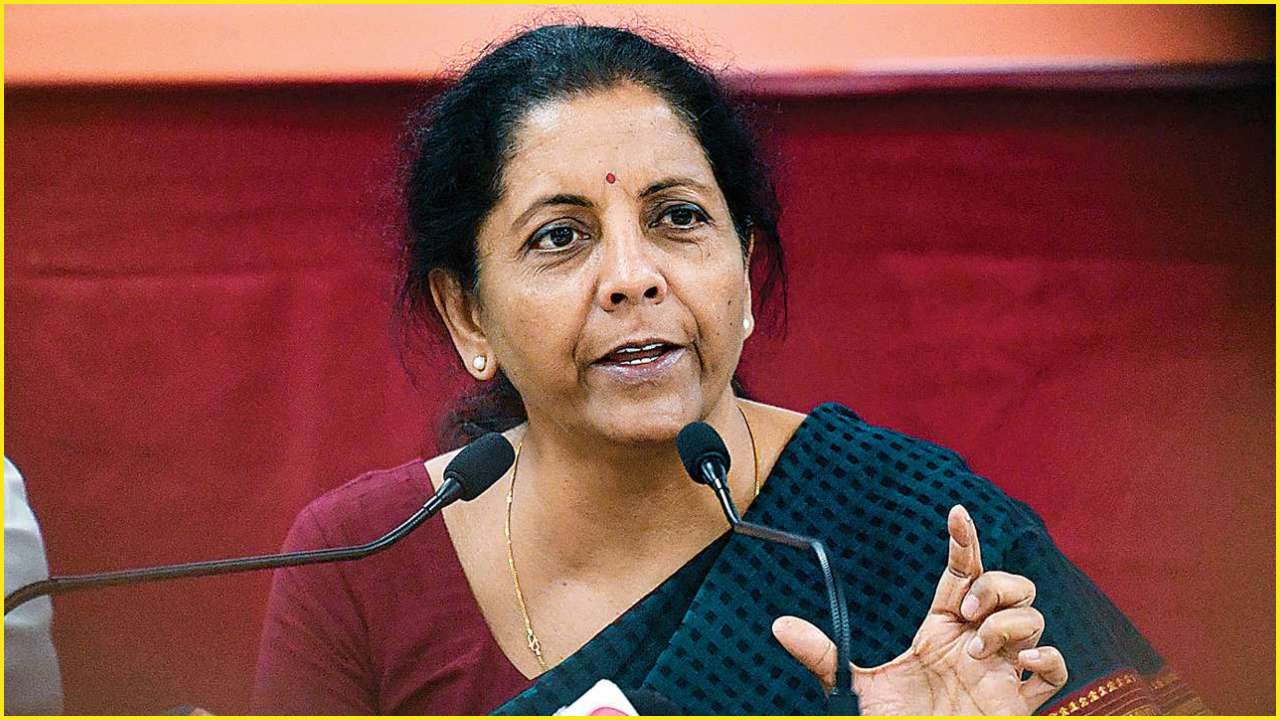Experts say the government may levy a Covid cess in this budget to arrange for funds.
New Delhi: Ahead of the 2021 Union Budget, economy experts believe that the budget will be on and around the Aatmanirbhar Bharat theme and the government may focus on strengthening the public health sector in order to handle a pandemic-like situation in the future.
Ambarish Kaliga, a market analyst, told The Sunday Guardian, “The government would focus on achieving self-reliant India and more funds would be allocated in energizing the economy. But the question is from where the funds will be arranged? I think the government would levy a Covid cess in this budget.” He further said, “It is still unclear whether the Covid cess may be collected from ultra-rich or from other people. It will be interesting to see whether the cess will be for a short-term or long-term period.”
Madan Sabnavis, Chief Economist at CARE Rating LTd, told The Sunday Guardian, “The expectations from the government in this Union Budget are that some relief will be given on the tax front, and there will a significant increase in expenditure part, especially on capital expenditure. It is known that there has been adverse impact on income due to the pandemic, we can expect reform in the individual taxation system and not on corporate tax, because corporate tax has already been lowered; so, I don’t see any scope on that aspect.”
Sabnavis also believes the tax relief would be more to the lower-income group than the higher-income group. “The purpose of the tax relief would be to help the people than bringing the acceleration in the economy. The ability of the budget to inspire consumption will be lesser in this budget,” he told The Sunday Guardian.
Sabnavis further claimed that “due to the pandemic, we could see on the expenditure front an increase of 5-10%. In the last year, India spent around Rs 4.1 crore out of Rs 30 lakh crore budget on capital expenditure and this could be increased to somewhere around Rs 5 lakh crore for the next financial year.”
He also talked about the roadmap for fiscal consolidation. “Given the fact that the fiscal deficit ratio slipped to 7% from the targeted 3.5%, it is expected that Finance Minister Nirmala Sitharaman would provide roadmap for fiscal consolidation in this budget. It is not impossible to bring back fiscal deficit to the targeted mark. The government certainly needs to provide a complete roadmap towards fiscal consolidation within the next two to three years.”
However, Kaliga does not agree with Sabnavis. He told The Sunday Guardian, “I don’t think the budget would meddle with the tax slabs, given the fact the corporate tax had already been reduced. The government would focus on providing a roadmap for policy stability in order to ensure that foreign investors come to India.”
He further said, “The Covid cess could be temporary, and it can also be retained for a longer period of time. If the Covid cess is a surcharge, then it can be 3-5%. However, the government has to decide on this.”
Talking about fund allocation in the public health sector, Kaliga told The Sunday Guardian, “The government may increase the funds to 20-25% compared to last year. However, because of the pandemic, the question is how the funds will be arranged?”
He also said that the government may also announce some incentives or sops for tourism and real estate sectors. “I believe the tourism and real estate will be dark horses. The government may announce some incentives in these sectors.”
Asked about reduction in GST to boost the economy, he said that the government should announce incentives only for those sectors where there is a scope. “For example, reducing GST on vehicles would help to increase sales. If the GST on vehicles is reduced, then the losses due to GST will be compensated with the volumes.”
Drawing the example of lowering of stamp duty on real estate in Maharashtra, he said that the reduction in stamp duty has really helped the state government on the revenue part.
Sabnavis told The Sunday Guardian, “We can expect increase in relief such as providing free food and other things under the Aatmanirbhar Bharat Scheme. The last scheme had ended in November 2020, and since then, there was no major announcement. The government would focus on providing on skills to labourers.”
He further said that it will be interesting how the government achieves the disinvestment target of Rs 2 lakh crore. “It will be interesting to see whether the government achieves the target of Rs 2 lakh crore by selling its stakes in PSUs.”
He also said that there is no scope for rise in fund allocation under the NREGA scheme. Sabnavis said, “Last year, the government had already increased the fund allocation under the NREGA Scheme to Rs 65,000 crore. But this year, because of the pandemic, the government has no scope in this sector.”

